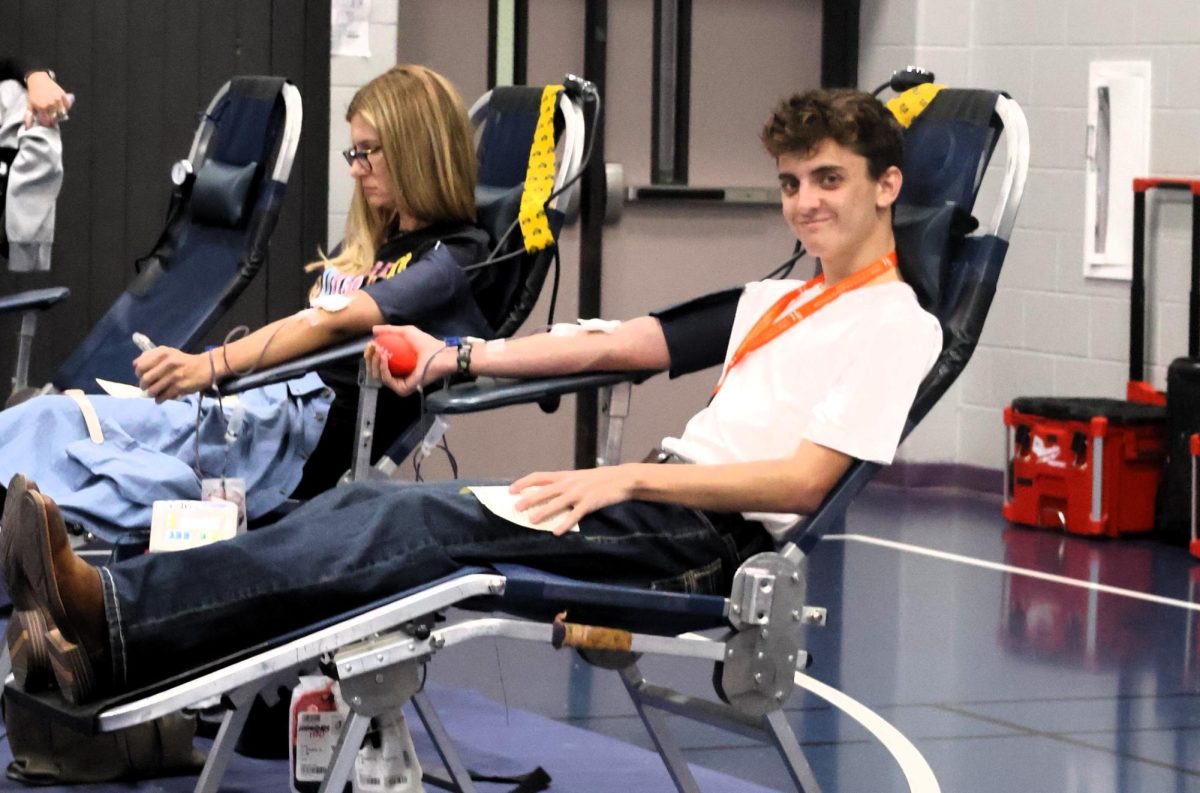This school year, faculty members across the campus are navigating the challenges brought on by the new statewide cell phone ban. While the policy aims to reduce distractions and improve focus, it has created a complex ripple effect among teachers and staff.
“The ban has definitely added extra work, especially for those of us in the office,” secretary Chrisel Denson said. “It’s still early in the year, so maybe it will get easier, but right now, it’s a heavy load.”
She also pointed out that the rule didn’t originate from the school itself.
“We didn’t decide this. It’s a government mandate, so we’re just the ones responsible for enforcing it,” Denson said.
Teachers have found themselves caught in the middle of growing frustration from students and parents.
“I’m often the one dealing with upset parents and students whose phones have been confiscated,” history teacher Garret Suttle said. “I believe the ban is good because kids can be too dependent on their phones, but it’s hard managing the constant complaints.”
The staff members who feel the brunt of the parents’ and students’ anger are not the originator of the rule.
“It’s a law, and we must follow it, but that doesn’t mean it’s easy,” secretary Virginia England said. “We get daily pushback, and that wears on everyone.”
Inside classrooms, the impact is mixed.
“I’ve noticed that some students seem more engaged without their phones phones distracting them,” math teacher Andrew Pierson said. “On the other hand, It’s tough when students can communicate quickly with their parents during the day. For example, when students need to communicate with their parents about rides, after school plans, or emergencies, the ban creates delays and confusion.”
The school administration recognizes these challenges and is actively seeking solutions. Plans are underway to improve communication with families, clarify the rules. As the school year progresses, faculty, staff, and students are all learning to adapt. While the new ban has created hurdles, there is cautious optimism that it will ultimately lead to a more focused and engaged campus community. The key will be finding the right balance between enforcement and empathy, ensuring that policies serve their intended purpose without causing unnecessary hardship.
“Our goal is to create a learning environment free from distractions where are students can learn and thrive.” Principal Eric King said.














